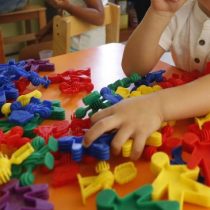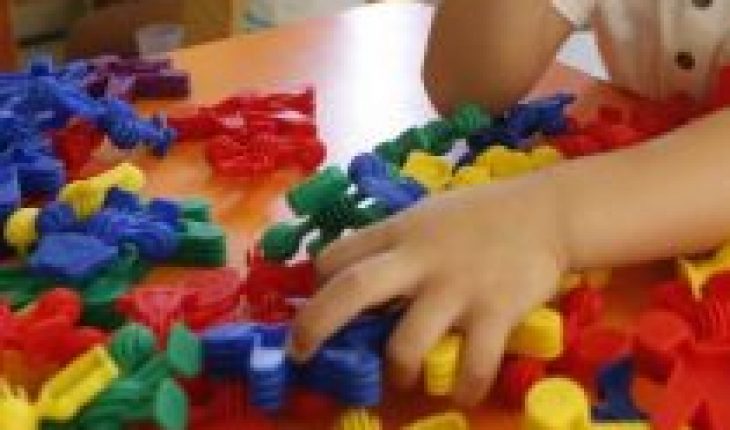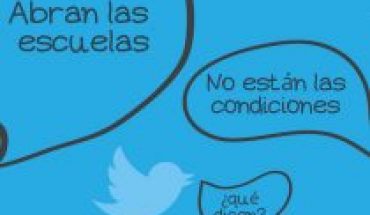
Our country has a considerable population of preschool-age non-Spanish-speaking migrant children. According to official INE data, about 3,500 4-year-olds from Haiti were in our country in 2019, and according to a report by the Pontifical Catholic University of Chile, Colunga Foundation, Unicef Chile and World Vision Chile, 43% of them attend local kindergartens.
According to several studies, language is now one of the main barriers to the integration of Haitian families. And while some actions, such as the creation of information in réole and the translation of some official documents – especially programs such as Chile Crece – have helped to integrate them, there have not been many formal instances of training in cultural and language aspects that facilitate work with Haitian communities.
Specifically in kindergarten teams, the language problem has usually been solved intuitively, for example by retaining those who best manage Spanish to serve as interpreters of others. But during the pandemic, given the low internet access of many migrant families, there is a growing phenomenon of exclusion from access to initial education. The situation is particularly critical in areas such as Paine and southern Santiago, where a higher proportion of this population has been established.
International experience indicates that migration is an additional stress for families, because of the loss of referrals and social support, and because they must choose between raising their children under the cultural parameters of their country or accepting the cultural demands of the country that receives them. Studies have shown that when families are not able to integrate the parenting guidelines, they tend to feel unre competent in their role and take a passive attitude in parenting, which has important consequences for family communication and child development.
Children’s gardens must continue to work to address this issue institutionally, further adding everyone from our role, so that migrant families do not feel excluded at any stage of the educational process and have the same access to basic skills training for all children.
The content poured into this opinion column is the sole responsibility of its author, and does not necessarily reflect the editorial line or position of El Mostrador.





